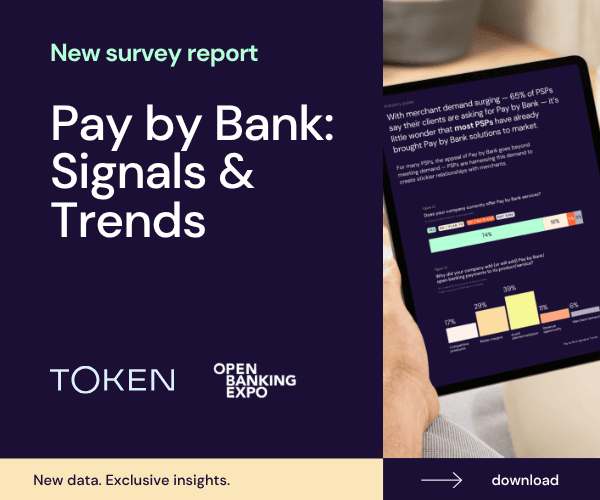
Credit card application fraud in UK hits record level in 2022
Ellie Duncan | News
13 Feb 2023
Credit card application fraud in the UK climbed 18% in the fourth quarter of last year, meaning it reached its highest-ever recorded level in 2022, according to the latest data.
The overall fraud rate for 2022 was the highest yearly rate recorded by global information services company Experian in the past 10 years.
When it comes to instances of fraud in the loans space, Experian found this has more than doubled over the past two years, while the fraud rate in the last three months of 2022 is among the highest seen by the company in the past three years.
Experian said that in the fourth quarter, fraudsters sought to take advantage of people’s Personally Identifiable Information (PII) and take out credit and borrowing in their name.
Eduardo Castro, managing director of identity and fraud at Experian UK&I, said the latest figures show the scale of the fraud “epidemic” facing consumers and financial services companies.
“It’s an ongoing, evolving battle, with fraudsters always looking at new ways to dupe victims,” he said.
“However, lenders are deploying new technology to help them identify potentially fraudulent activity as early as possible, preventing it, and minimising losses to both them and their customers.”
Experian’s data also revealed that ‘first-party fraud’ – defined as when an individual gives false information or misrepresents their identity to access a product on more favourable terms, with no intention of paying it back – now accounts for 27% of all applications.
Castro called the rise in first-party fraud is “striking”, and added that it suggests households are misrepresenting their financial situation to meet additional costs – such as those racked up by households over the Christmas period – or even to cover everyday expenditure.
In January this year, Experian launched a new feature, CreditLock, designed to enable customers to easily lock their Experian credit report, amid a surge in identity fraud in the UK. The feature issues real-time alerts to inform customers about any new credit searches in their name.
Earlier this month, the UK’s Lending Standards Board (LSB) announced it has updated the anti-fraud Contingent Reimbursement Model Code, meaning it will require signatory firms receiving scam payments to better tackle Authorised Push Payment scams.
The LSB said all signatory firms will be required to “go further” in identifying new and existing accounts “at higher risk” of being used by criminals.



